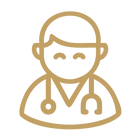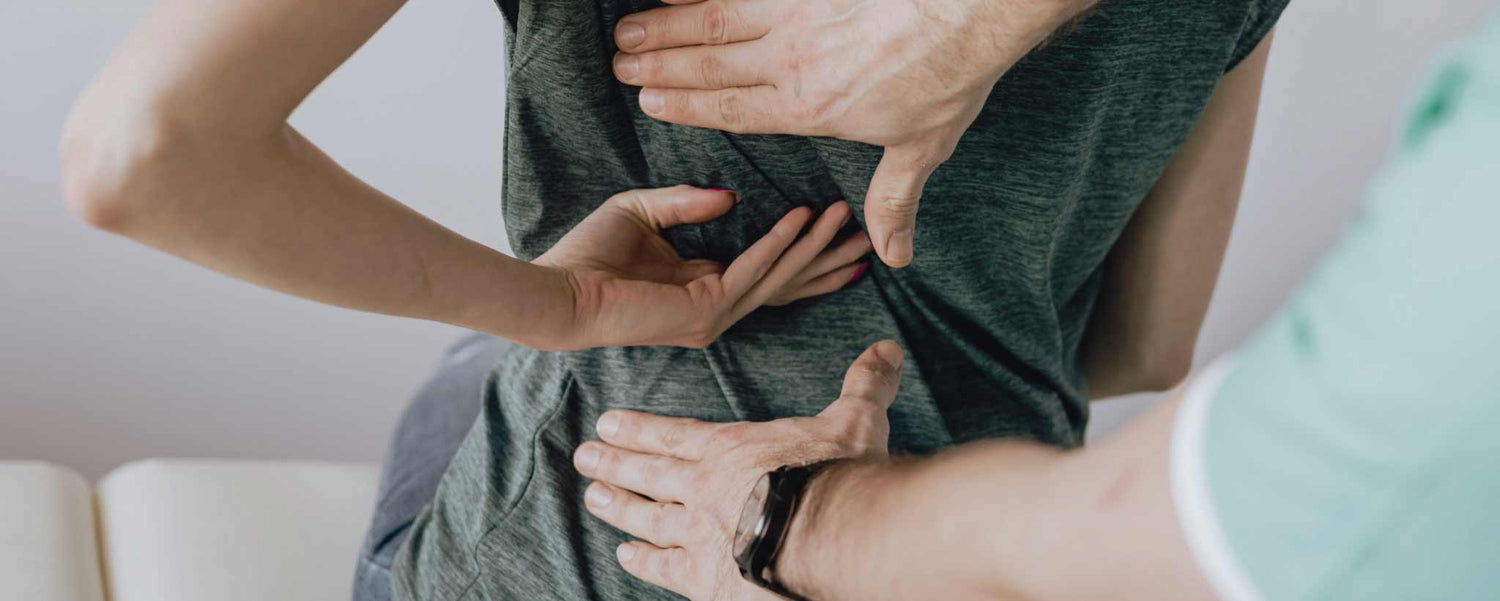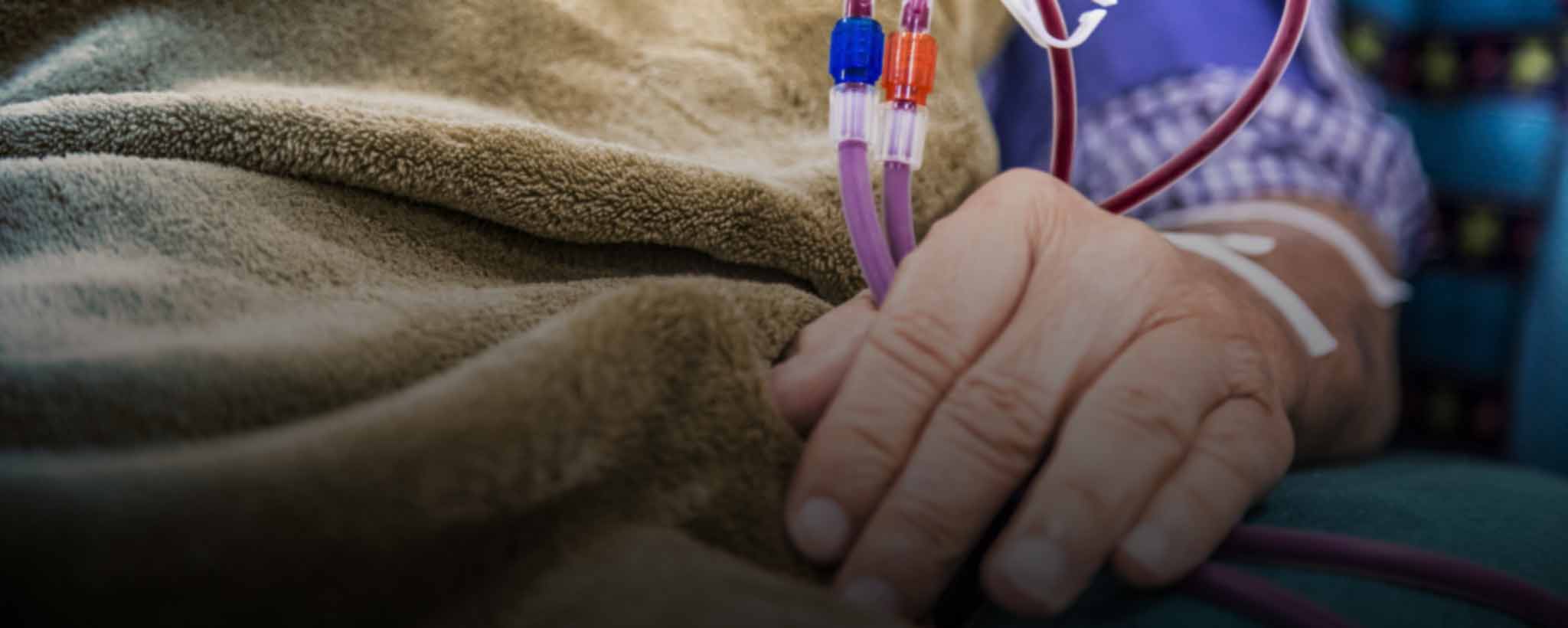Problems with the kidneys manifest as changes in urination, backaches, fatigue, and other ways
Are You Exacerbating A Kidney Condition?

For a nagging backache, you take Non-Steroidal Anti-Inflammatory Drugs (NSAIDs) without hesitation. If there is no relief, you up the dosage—repeatedly. Unable to dull the pain makes you irascible. Though ill-advised, you might light a cigarette to calm your nerves. This dries your throat. So you grab a sugary soda, which happens to go well with a large bag of barbecue potato chips.
The pain won’t go away. So you visit a doctor who takes a CT scan with contrast dye. Your doctor evaluates your symptoms and medical history to identify the source of your back pain.
Symptoms of Kidney Problems
After reviewing the radiologist’s report, your primary physician might refer you to a nephrologist. Kidneys produce urine, so when the kidney function is failing, urination changes. How is this apparent?
- Do you have to get up at night to urinate frequently (4–5 times)?
- Is your urine foamy or bubbly?
- Has the volume of your urine become pale?
- Do you have dark-colored urine less often, or in smaller amounts than usual?
- Does your urine contain blood?
- Do you feel pressure or have difficulty urinating?
| Urine Color Chart | ||
|---|---|---|
| 1 | Too much water | |
| 2 | Sufficient fluids | |
| 3 | Drink more water | |
| 4 | Dehydrated | |
| 5 | Possible cramps and heat-related problems | |
| 6 | Health risk! | Drink more water |
| 7 | Health risk! | |
| 8 | Health risk! | |
| 9 | Health risk! | |
| 10 | Health risk! | Blood in urine |
Along with muscle swelling and pain, brown urine is a symptom of an extremely rare (22:10000) emergency medical condition called rhabdomyolysis. Haematuria (blood in the urine) along with left flank pain that radiates to the groin are symptoms of another emergency: abdominal aortic aneurysm. Urine does not always need to be very dark to contain blood.
Pain on The Side
Because the kidneys are on the sides of your lower back, it is easy to mistake pain in that area as muscle spasms. Astute urology physicians probe further during their examination.

Normally functioning as a filter, failing kidneys are ineffective at removing extra fluid and wastes. This can swell your face, legs, ankles, feet, and hands. Patients’ kidneys stop working properly in stage 4, losing the ability to excrete excess fluid from the body. This can lead to fluid and sodium retention.
Healthy kidneys make a hormone called erythropoietin (EPO), which signals your body to make oxygen-carrying red blood cells. As the kidneys fail, your muscles and brain tire rapidly. Your red blood cells decrease. This state, called anemia, can also cause you to feel cold, leading to dizziness and memory problems.
A buildup of wastes in the blood (called uremia) can make food taste different and give you bad breath. This buildup also causes nausea and vomiting as your body attempts to remove toxins.
| CKD Stage | eGFR Result | Meaning |
|---|---|---|
| Stage 1 | ≥ 90 | - Mild kidney damage - Kidneys work as well as normal |
| Stage 2 | 60–89 | - Mild kidney damage - Kidneys still work well |
| Stage 3a | 45–50 | - Mild to moderate kidney damage - Kidneys don't work as well as they should |
| Stage 3b | 30–44 | - Moderate to severe damage - Kidneys don't work as well as they should |
| Stage 4 | 15–29 | - Severe kidney damage - Kidneys are close to not working at all |
| Stage 5 | < 15 | - Most severe kidney damage - Kidneys are very close to not working or have stopped working (failed) |
| CKD = chronic kidney disease. eGFR = glomerular filtration rate (determines how well the kidneys are filtering) | ||
The Causes
What causes kidney problems? Based on the article introduction, the answers sound familiar:
- Too many NSAID pain relievers
- Cigarette smoking
- Too much sugar
- Overabundance of sodium
- Contrast dyes in some CT scans
- Not drinking enough daily water
Best Prevention
It should seem obvious now. Protecting your kidneys involves the following behaviors:
- Eat a diet low in fat and salt
- Exercise most days of the week
- Have regular doctor checkups
- Avoid tobacco
- Limit alcohol
- Drink a sufficient amount of water (2–3 liters daily)
- Don’t hold your full bladder too long
Your back problem could be due to the kidneys retaining water in response to a lack of sufficient intake. So drink more water—not coffee or colas. There are many types of kidney disorders—from kidney stones to cancer. A transient condition like kidney stones may produce symptomatic kidney disorder (proteinuria, blood in urine), with normal CKD and eGFR lab tests.

Kidneys are resilient organs; take care of them, and they will serve you well for a long time. Address concerns about possible kidney problems with your primary physician or a nephrologist, who specializes in kidney disorders.
Enjoy more articles about nephrology
ClinicalPosters offers human anatomy charts, scientific posters, and other services that compliment articles about nephrology. Slide extra posters into DeuPair Frames without removing from the wall.
Show your support by leaving an encouraging comment to keep the research going.
Support the writing of useful articles about nephrology by exploring human anatomy charts, scientific posters, and other products online. You may sponsor specific articles.
ClinicalPosters provides human anatomy charts, scientific posters, and other products that compliment useful articles about nephrology.
ClinicalPosters offers human anatomy charts, scientific posters, and other products online.
You can sponsor useful articles about nephrology or donate to further research. Visible content is optimized for device size.







 Romance & Health Intertwine. Fall in love with a captivating romance miniseries that explores the essence of well-being. Become a ClinicalNovellas member for heartwarming tales.
Romance & Health Intertwine. Fall in love with a captivating romance miniseries that explores the essence of well-being. Become a ClinicalNovellas member for heartwarming tales.





